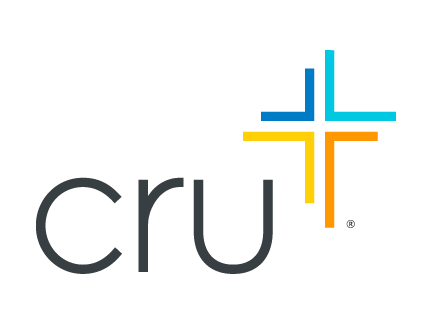Each of us has a unique personality and is an original, a one-of-a-kind creation of God. There never has been and never will be anyone else just like you. God made us all different, and has hand-crafted us to experience Him, others, and our callings uniquely.
As we live our lives, however, most of us start to learn behaviors that are inconsistent with our innate personalities. These personality differences can become sources of conflict in
a family, in a workplace, and in a community, thereby making it difficult to stand and lean into our transformed identity in Christ.
“God intended for us to carry our strengths, our weaknesses, our personality, our character into every circumstance.”
PRISCILLA SHIRER
OBJECTIVE
Understand your innate God-given qualities and learn to recognize the parts of your personality that limit you from living out of His design for your life. Over the course of this lesson, you will…
- Take a personality test and begin processing the ways God has uniquely made you.
- Learn how to distinguish your true self from the ways you’ve tried to shape your personality.
- Begin to write down specific weaknesses and strengths.
- Share your findings with a friend.
UNDERSTAND
To understand ourselves and know the purpose of our personality, we must first comprehend the centrality of relationship in the triune God, and sisters and brothers in Christ.
As people, we were created in the image of
God, which means we’ve been made by a relational God (the Trinity) and for relationship with others. Just as the Father, Son, and Spirit give and receive in perfect love to one another, we offer ourselves to each other, and others offer themselves in return.
A major filter we use to understand and express ourselves, and the world around us, is our personality. However, throughout life, our innate personality has developed in conjunction with the brokenness around us. As little kids, we placed masks over parts of our authentic selves to protect us from harm and make our way in
the world. Made up of innate qualities, coping strategies, conditioned reflexes, and defense mechanisms, our personality helped us know and do what we sensed was needed to please our parents, fit in with friends, satisfy expectations of our culture, and get our needs met.
Over time, our adaptive strategies become increasingly complex. They get triggered
so often that we can’t tell where they end
and our true nature begins. In fact, the term “personality,” is derived from the Greek word for mask, “persona” – reflecting our tendency to confuse the masks we wear with our true selves. As such, in order to get to our true selves, we need to peel away the masks we wear to protect ourselves, revealing the people who were made in God’s image.
As you begin to process more of how God’s made you through this lesson, remember: God’s redemptive work in your life will involve “putting off the old self” and “putting on the new self-created after the likeness of God.” (Ephesians 4:22-24). Through faith, our whole self dies and rises with Christ, including unique qualities and characteristics that make us, us. As we rise, our personalities can and will be redeemed and renewed, to reflect God’s glory.
“Now, with God’s help, I shall become myself.”
SØREN KIERKEGAARD
PRACTICE
Take a personality test. Choose from The Enneagram, Myers Briggs, DISC, StrengthsFinders, or any other offering you know of. Make sure to confirm with your facilitator, if you’re choosing a test not listed.
As you take the test and read the results, be mindful of a few things:
- Every personality is made in the image of God, and thus shows us something of who God is.
- This test is merely a tool! There is no formula to discover God’s design for your life, but there are helpful indicators and prompts to lean into.
- This tool is meant to help you sit with Jesus and process with God ways to grow in light of the results. .
- This is not a tool to justify sin, it’s a tool to trace back where we began to miss the mark with certain sinful tendencies. Repentance is extremely important in this practice.
After you take the test, begin to journal what surfaces. Here are a few prompts to help you, along the way:
- What do you resonate with? What do you not resonate with?
- What do you identify with and do with ease?
- In light of your results, what are sinful tendencies you may be more prone to fall into?
- What are some key events in your life that have shaped how you view yourself? Try to think back as early as possible.
PROCESS
Discuss your journal entry with a friend. Invite them to share how they have specifically seen your strengths play out, and what they notice about God’s character by observing you.
Share what surfaced as you read through and journaled about your weaknesses/your life-shaping experiences. Spend some time praying for one another and encouraging each other out of who God says you are.
ACT
Choose 3 people you walk closely with in your life. Perhaps consider both longer-term friends, and newer ones. Without sharing your personality test findings, ask them the following 2 questions:
- How do you experience me?
- What attributes of God do you see in my life?
Next, share your findings with them. Continue to dialogue through which portions of your personality findings they have observed, and how their experience of God’s formation in your life has been evident.
WANT MORE?
Discover Your Design is a part of the Leadership Development Guide.
